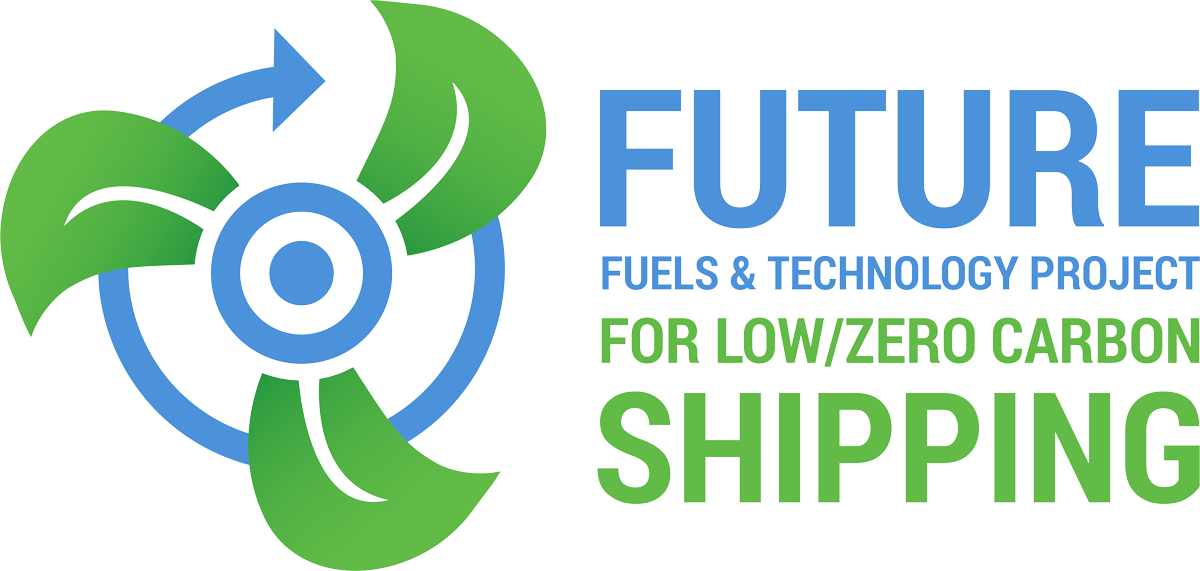To ensure the safe biofuel bunkering of ships at ports, the characteristics that may arise in biofuel bunkering are summarized and explained based on the existing regulations and procedures for conventional marine fuel bunkering.
Publication Type: Report
Taking Action on Operational Efficiency (Operational Efficiency Ambition Statement Actions Report)
To analyze the experience and content of 26 shipping companies introducing 70 measures aimed at improving operational efficiency and reducing GHG emissions.
Based on this, in order to improve ship operation efficiency, the report describes key issues and related cases in which interested organizations, such as ship owners, charterers, management companies, ports, and terminals closely related to ship operation, should cooperate with each other.
Bio-Ethanol as an alternative fuel for vessels
To firmly ensure the research on CO2 reduction in shipping by depicting advantages and disadvantages of bio-ethanol as an alternative fuel for shipping decarbonization
Marine Methanol Future-Proof Shipping Fuel
To provide insight into the pros and cons of methanol as a marine fuel compared to traditional marine fuels and alternatives such as LNG, hydrogen, ammonia, and batteries
Key Issues in LCA Methodology for Marine Fuels
To highlight the impact of key considerations and methodological decisions when doing an LCA and demonstrate how these can impact the emissions attributed to different fuels
Will renewable electricity availability limit e-fuels in the maritime industry?
To introduce the current status and limitations of technological development of renewable electricity derived from naturally replenished sources, such as solar, wind, hydroelectric, or geothermal energy, to reduce GHG emissions in international shipping and, based on this, briefly describe the project production and demand regarding e-fuels.
The shipping industry’s fuel choices on the path to net zero
To expect the timing of adoption and commercialization of green alternative fuel engines from the perspective of international shipping and explain the major roles of stakeholders related to alternative fuels in shipping
Using bio-diesel onboard vessels
To address key issues in related to biofuels used in ships based on the physical and chemical properties of FAME-based biodiesel oil, this study highlights key factors to consider when using marine biofuels on ships and addresses major issues in international regulations concerning exhaust gases generated from combustion and related verification
Cost of Regulatory Compliance Lower with LNG
To provide information on the impact of alternative fuels choice
Mapping of Zero-Emission Pilots and Demonstration Projects, 4th edition
To provide information on pilot and demonstration projects focused on ship technology, fuel production and supply, and infrastructure solutions to achieve decarbonization in the shipping industry by 2050

